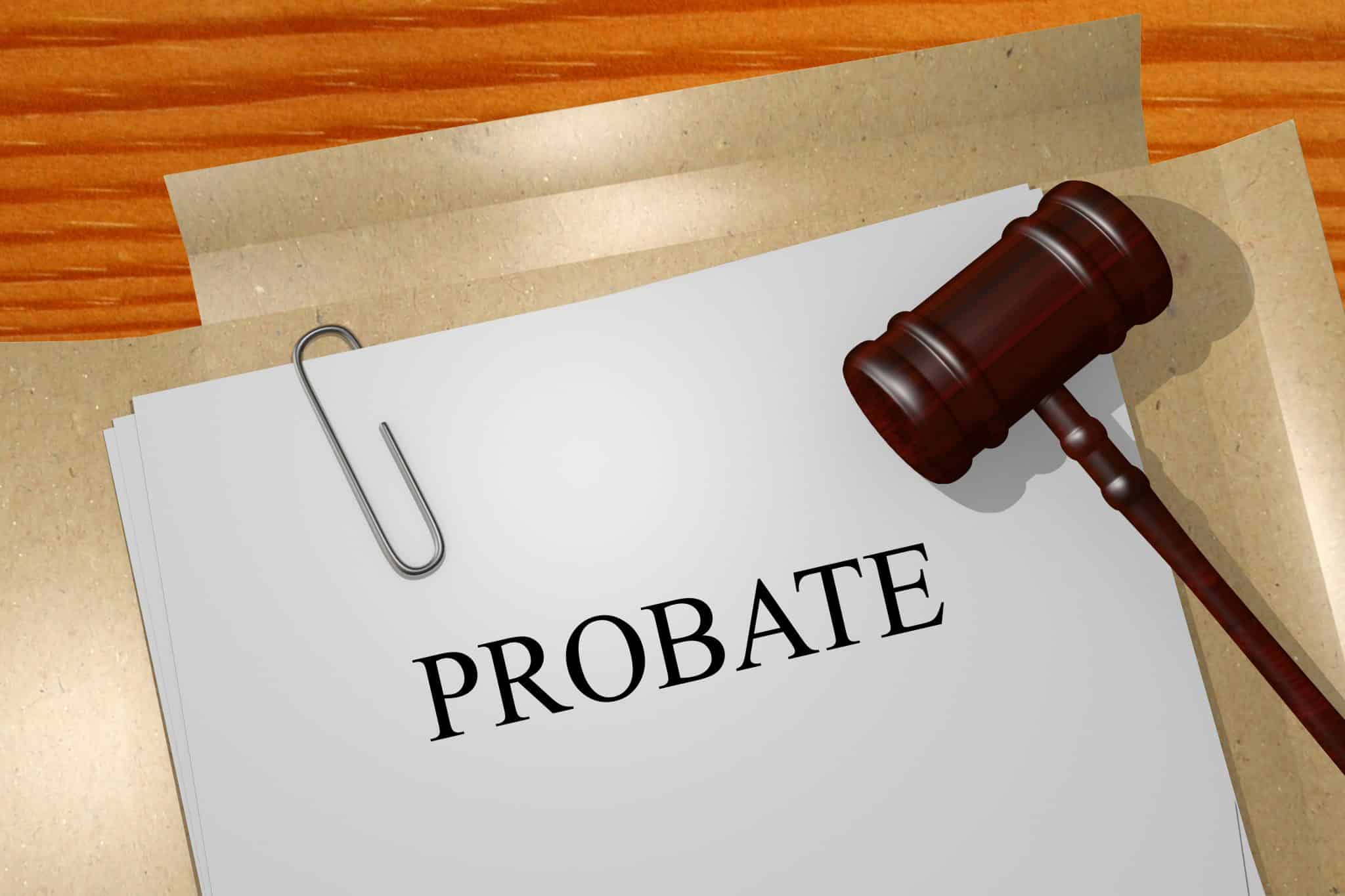To probate or not to probate is one of the most common questions we are asked. Before explaining whether or not probate should be sought, it is best to understand what probate is.
The “Probate” process, which is now called an “Application for a Certificate of Appointment of the Estate Trustee with [or without] a Will” in Ontario, is the Court procedure for the formal approval of the will by the Court as the valid last will of the deceased. It is also the confirmation of appointment of the person who will act as the Estate Trustee (formerly referred to as an executor) of the estate. This process gives the Estate Trustee the authority to act on behalf of the deceased.
The question of whether or not to file an Application for Certificate of Appointment is mostly dependant on the type of assets the deceased owned at the time of passing. If the deceased owned real estate property solely in their own name, or as a tenant-in-common, the Estate Trustee may have to submit an Application in order to transfer or sell the property. The necessity or requirement for an Estate Trustee to obtain a Certificate of Appointment for financial assets is governed by the financial institution and/or company which hold the assets. If the deceased had assets, such as TFSAs and/or RRSPs/RIFs which name the estate as beneficiary and bank accounts and/or investments registered solely in his/her name, the Estate Trustee may have to submit an Application, depending on the value of such assets. The financial institution and/or company which hold the assets may, at its discretion, waive a requirement for a Certificate of Appointment. However, if the deceased had a significant amount of money in their estate, the financial institution/company will likely require a Certificate of Appointment to allow the Estate Trustee to access the deceased’s funds.
There are other, less common, reasons why an Estate Trustee may need to go through the probate process. For example, the Estate Trustee might have to finish litigating a lawsuit on behalf of the deceased; there could be a dependent who wants to make a claim against the estate; or there could be some question about whether the Will itself is valid or some of its terms may need to be clarified.
It is a good idea to get assistance from an experienced wills and estates lawyer to assist with the preparation of the Court documents for an Application and to provide the Estate Trustee with advice regarding the duties and responsibilities of an Estate Trustee in the administration of the estate.
The application process can be broken down into the following general 4 steps:
- Obtain and review the original Will (and codicil(s), if any) of the deceased, and an affidavit of execution of same;
- Create a list of assets and liabilities of the deceased as of the date of death. Collect all the information you can about the finances of the deceased. If exact balances are unknown, the Estate Trustee should obtain date of death balances from the financial institution/company where the assets are held, obtain an appraisal and/or the current MPAC assessment for any real estate and appraisals for personal effects or other items where the market value is subjective;
- Prepare application documents. As noted above, the Estate Trustee may wish to retain a wills and estates lawyer to prepare the application documents;
- Finalize the documents, obtain a bank draft from the deceased’s bank for the Estate Administration Tax (probate fees), and submit the application package to the Estates Registrar of the Ontario Superior Court of Justice in the jurisdiction where the deceased resided at date of death.
The Estate Registrar or a Judge will review the Application and if satisfied will issue an Order appointing the Estate Trustee with or without a Will, (Certificate of Appointment of Estate Trustee) which the Estate will use to call in the assets of the deceased and consolidate same in one estate account.
If you are an Estate Trustee, we would be happy to assist you with the application process and to provide you with advice during the administration of the estate.
This blog post was co-written by Diana Tebby, a member of the Real Estate and Wills and Estates teams and Heather Austin-Skaret, a Partner in the Wills and Estates and Real Estate teams.
Diana can be reached at 613-369-0384 or at diana.tebby@mannlawyers.com and Heather can be reached at 613-369-0356 or at Heather.Austin-Skaret@mannlawyers.com.








